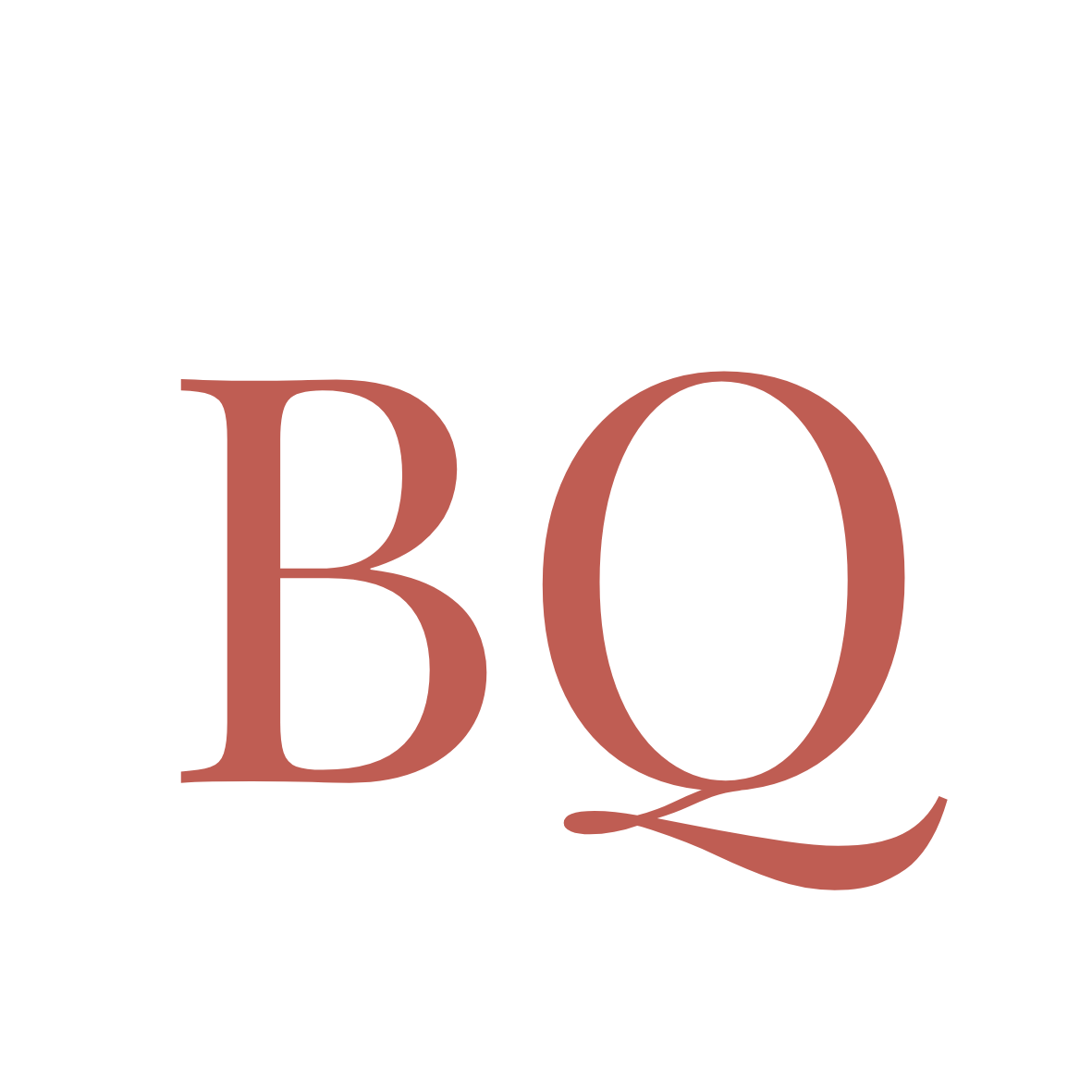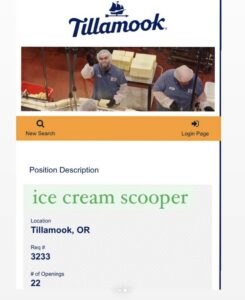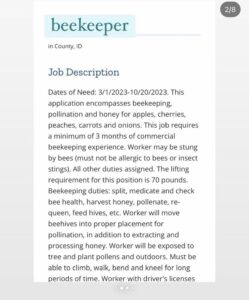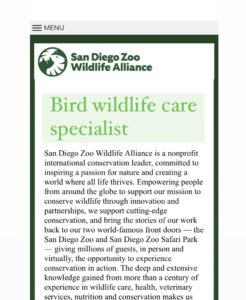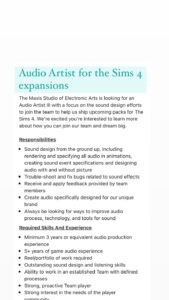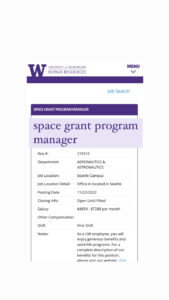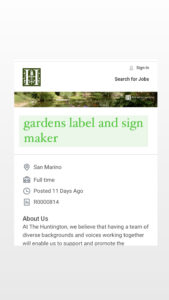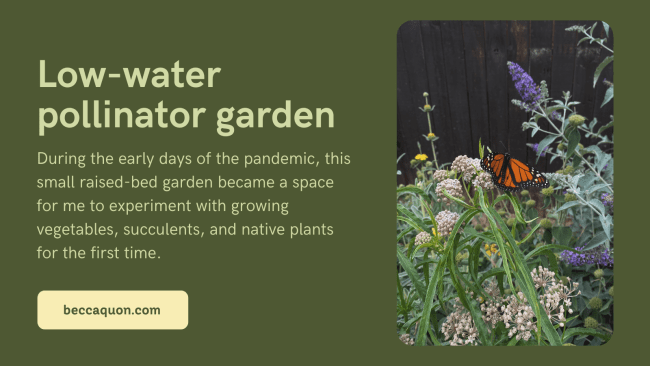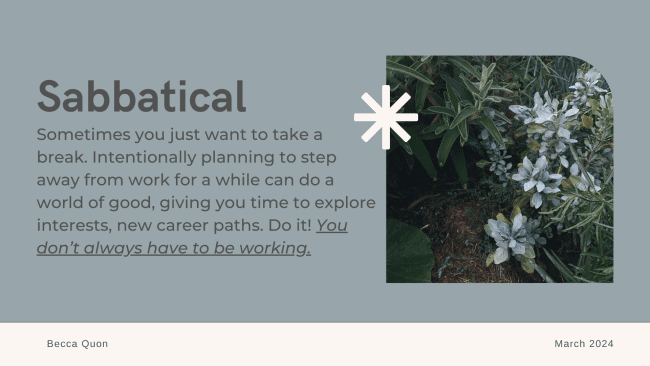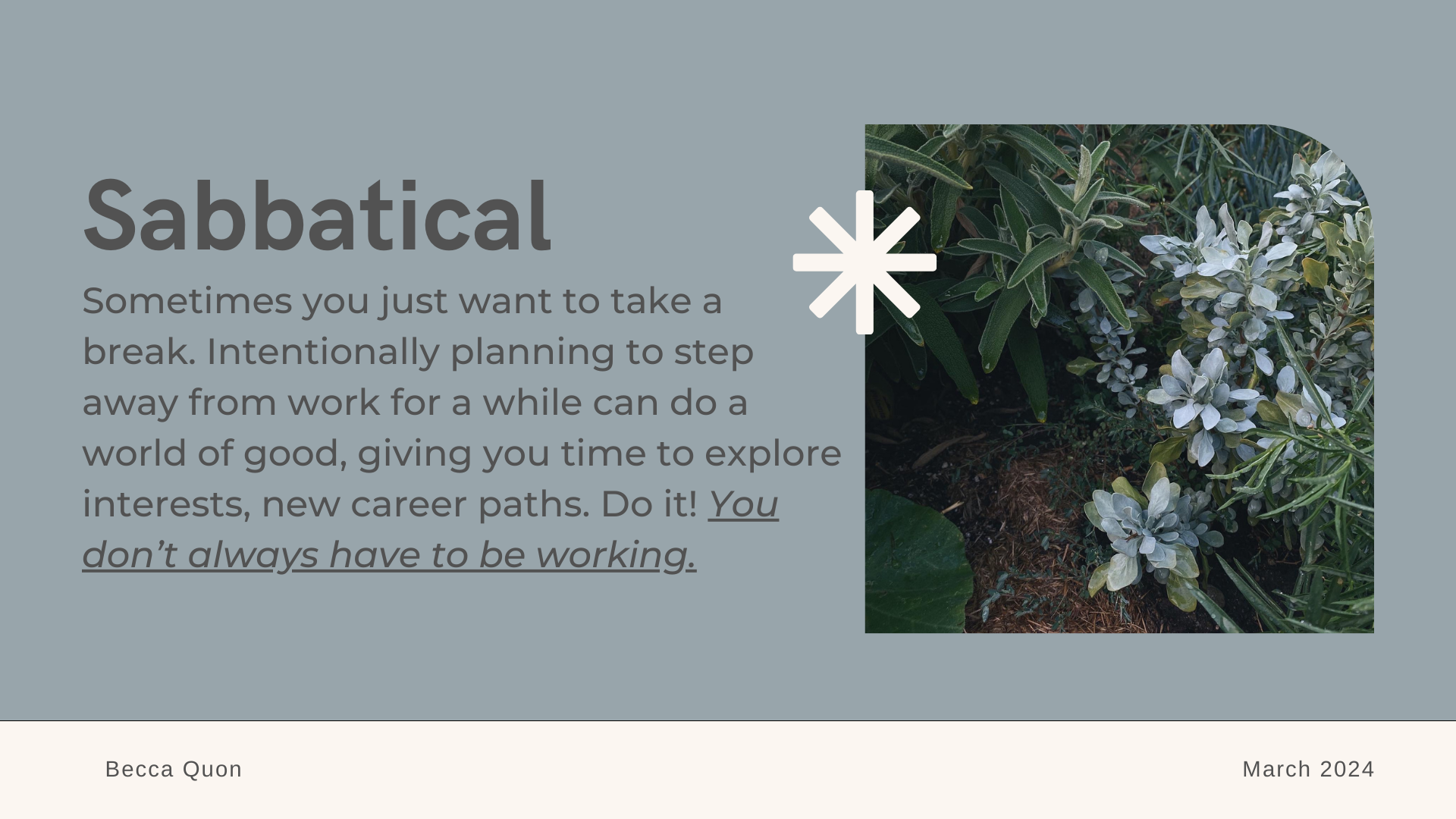
In May 2022, I quit my job with no plans for what was next.
It was one of the best things I've ever done.
After pushing myself hard throughout high school, college, grad school, and six years in the non-profit world—including two extraordinarily long pandemic years— I was feeling burnt out and ready to try something new. To re-calibrate, explore my interests, and step back from work. (edit: I think originally, I glossed over too much here. I was deeply exhausted; my nervous system was dysregulated. I was crying often, unable to focus, feeling deeply cynical, and wrung out.) Below, I share how I came to the decision to quit, and what happened after.
Letting go
Getting to the point where I was ready to resign took about a year of therapy and a few serious conversations with my partner. The difficulty wasn't in convincing him of anything (he often reminds me 'that's the capitalism talking' when I worry about judgment of my career or hobbies), but in convincing myself it was okay to take a break, cede control, and trust in my ability to find another job when the time was right.
Financially, I had savings, a financial planner, and a partner with a federal job + good healthcare benefits I could leverage for support — incredible privileges that helped make my time off possible. I know how lucky I was to be in such a place.
Taking time
During my first few months off, I went on a trip to Alaska with my parents, and spent time at their house scanning family photos; something I'd wanted to do for a long time. I hired a wonderful career coach to help me think through ways I could apply my skills to different jobs and career paths. I went on trips to visit friends and ran my first 5k. Most importantly of all, on many days, I let myself just relax and do things I enjoy. I walked while listening to audiobooks. Played a lot of Planet Zoo and Bear & Breakfast, two cozy games I love. Worked in my community garden plot. Tried weight-lifting, and started my mixed heritage garden project.
I struggled a lot with detaching myself from my previous ideas of failure and productivity. Each week for the first few months, I posted what I was up to on Instagram as a way to share and record the experience:
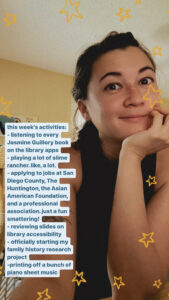
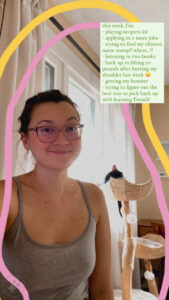
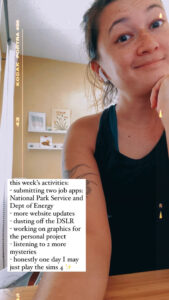
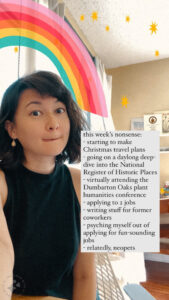
You can see all those stories on my Insta profile under the header 'break 📭💭.' The process helped me re-frame my idea of what was worth reporting—what was 'productive'— until eventually, I became comfortable just being, without work on my schedule.
Exploring possibilities
I had no concrete timeline for finding a new job, but was applying to interesting-sounding positions as they came up. And I determinedly detached myself from the library field, applying to jobs in local and federal government, university administration, philanthropy, and conservation – keeping a log of all the positions I came across that piqued my interest or just sounded fun.
After about a year, I landed both full and part-time jobs that have been a great fit. But I look back on my self-funded 'sabbatical' as the most valuable experience of my career so far. I learned to better regulate my body and my feelings about work. To trust my abilities and separate myself from vocational awe about working in the library field. To allow myself the freedom to follow my interests, and to know when to leave behind something that's no longer working for me.
It was hard at times: the tough financial conversations my partner and I were navigating for the first time, the sense of guilt I felt, and the fear of the unknown future. But those were so, so worth it, for all the changes that came of taking an intentional step back. I know I can always do that again if I want to (and I'll be excited to support him if he ever decides to do the same). If you have the means, you don't always have to be working.
Things that helped
I've gathered some resources that helped me during my break and my job search, and some things that have come up since:
- How to Do Nothing by Jenny Odell: a book that helped me re-frame my thinking about productivity
- Words of Mouth — a weekly newsletter full of wonderful and interesting job openings “across design, the arts, education, information, and the built environment”
- NPR Life Kit's episodes How to Quit a Job and Looking for a Job? Advice to Help You Land the Gig
- This competencies dictionary from NIH to help you articulate your skills
- Room to Think: virtual scenes with music and ambient noise
- @thenapministry on Instagram
- This helpful list from Snowdon Becker, and the Airtable template for job-hunting in particular
- What it took to take the leap by Eira Tansey
- Burnout by Emily Nagoski
I'll continue to update this list as things come to mind! And if you'd ever like to chat about the possibility of taking time off, I'd love to talk. (Do it! Do. it.)
